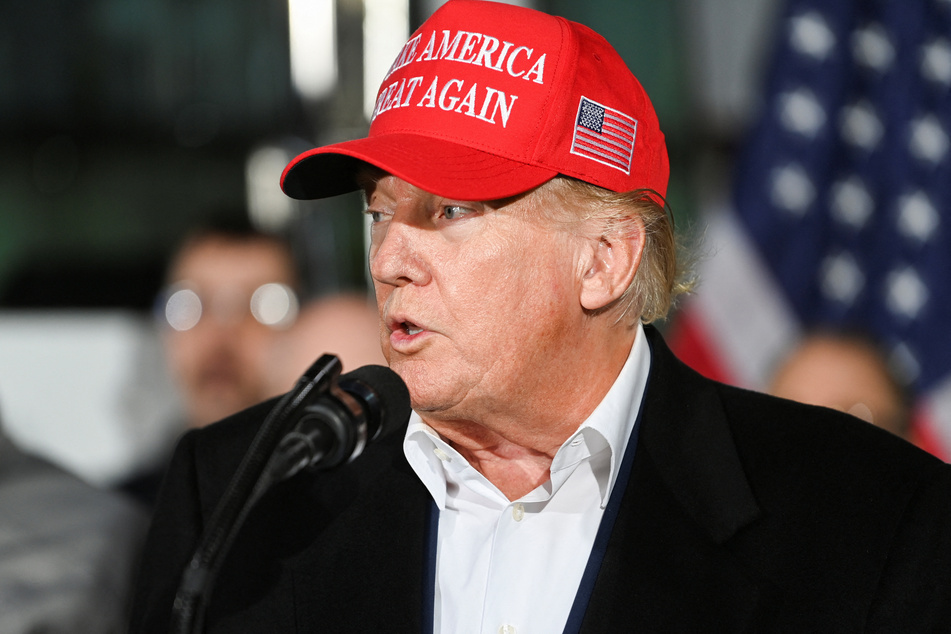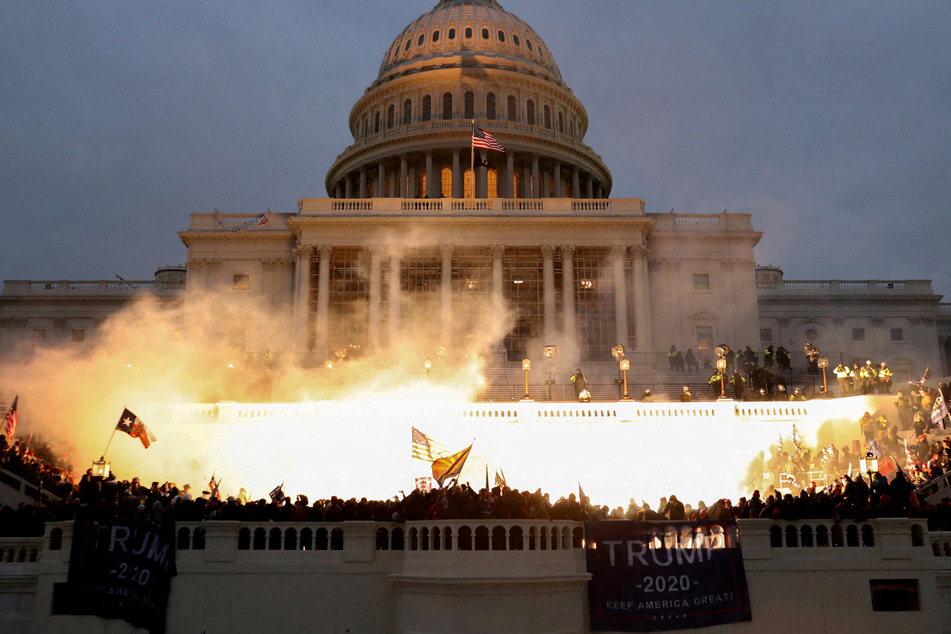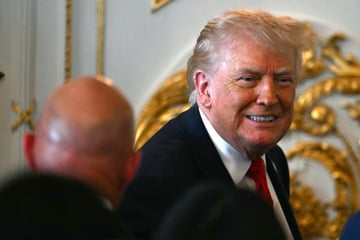Donald Trump suffers blow in January 6 lawsuits as DOJ makes big claim
Washington DC - Democratic lawmakers and Capitol Police officers should be able to pursue civil lawsuits against former President Donald Trump over actions he took leading up to the January 6, 2021, attack on the Capitol, the US Justice Department told a federal appeals court Thursday.

In a brief requested by a three-judge panel of the US Court of Appeals for the District of Columbia Circuit, the Justice Department said Trump’s status as president doesn’t protect him from the consequences of all actions he took while in office.
Trump had relied on that protection in seeking to dismiss lawsuits over his speeches and tweets prior to the attack on the Capitol, the DOJ wrote, but that protection wouldn’t always apply, such as if a president incites "private violence" with his public speaking.
A previous Supreme Court decision "establishes a rule of absolute immunity for the President’s official acts," the Justice Department wrote. "It is not a rule of absolute immunity for the President regardless of the nature of his acts."
The DC Circuit panel heard oral arguments in the case in December and afterward asked the DOJ to weigh in. The lawmakers, police officers, and Trump have until March 16 to respond to the DOJ filing.
Trump's immunity compared to First Amendment protections

The lawsuits targeted Trump and his allies in an effort to hold them personally responsible for their role in the events leading up to the attack. The members sought to use the Ku Klux Klan Act, a Reconstruction-era law which bans a conspiracy to prevent members of Congress from conducting their duties.
In February 2022, US District Judge Amit Mehta issued an opinion that would allow the lawsuits to move forward.
Trump appealed Mehta’s ruling, arguing that his status as president should prevent any civil lawsuit against him. In a filing last year, he argued that Mehta’s conclusion that the former president could face suit was improperly based on precedents that deal with other issues, such as presidential actions before a term began and those relating to other executive branch officials.
The Justice Department compared the president’s absolute immunity from these lawsuits to the First Amendment’s protections for speech. There should be similar limits to those protections when related to inciting violence, and that would not cause a chilling effect on the ability of future presidents to run the government, DOJ argued.
"Just as denying First Amendment protection to incitement does not unduly chill speech in general, denying absolute immunity to incitement of imminent private violence should not unduly chill the President in the performance of his traditional function of speaking to the public on matters of public concern," the brief said.
The DOJ also touched on the district court’s opinion in Thursday’s filing, agreeing that Mehta properly dismissed claims that Trump "improperly failed to exercise his official powers" to stop the attack, but taking no position on the finding that Trump’s speech could have plausibly incited the attack.
Cover photo: REUTERS

